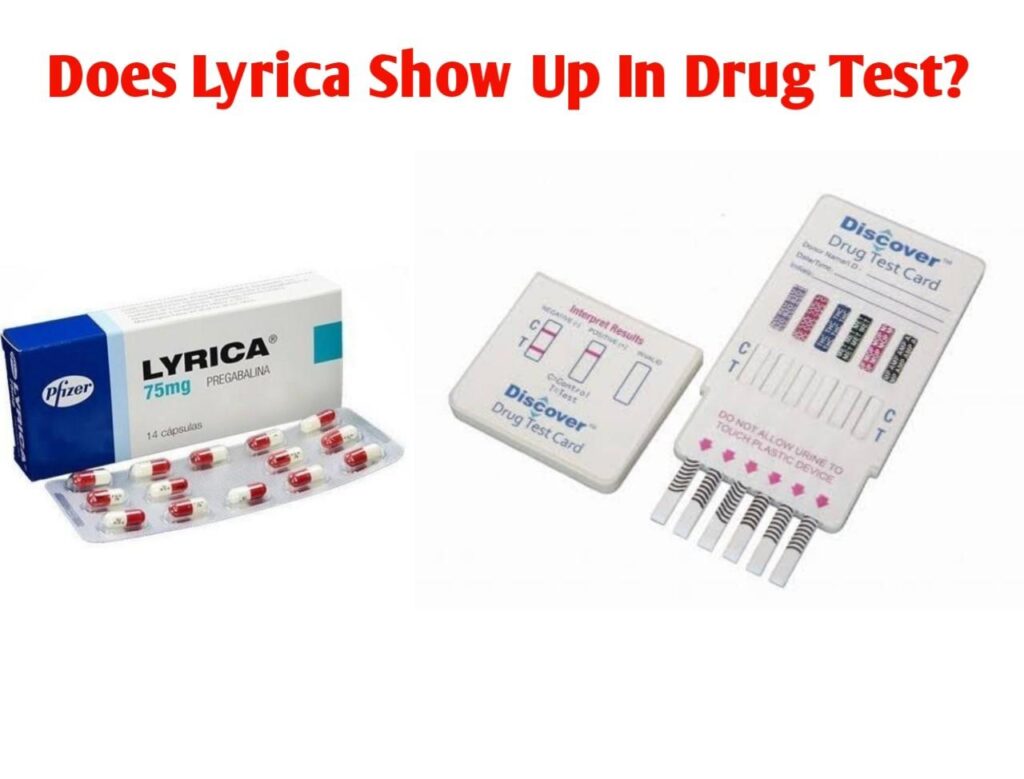
Withdrawal symptoms are caused by the brain and body’s chemical dependence on Lyrica. Lyrica withdrawal symptoms are similar to withdrawal from benzodiazepines, alcohol, and opioids. hiding or lying about drug abuse to friends and family.refusing to quit Lyrica despite legal, social, or financial ramifications.
LYRICA MEDICATION PROFESSIONAL
neglect of personal and professional responsibilities.
 lying about Lyrica use or exaggerating medical symptoms to a doctor. Other behavioral signs of Lyrica addiction are similar to addiction of other prescription medications and controlled substances. Some symptoms of Lyrica addiction include: Stopping the medication will cause withdrawal symptoms. When an individual habitually abuses Lyrica and becomes chemically dependent or addicted to the drug, their body will become unable to function properly without the medication. Individuals who abuse the drug with opiates such as oxycodone, methadone, or diazepam, cannabis, or alcohol are at increased risk of adverse side effects. Individuals who are addicted to Lyrica are more likely to snort the medication or to inject the medication intravenously, than to use it orally.Ĭall to be connected with a treatment specialist. This generic medication is low in cost and easy to obtain, which increases Lyrica’s abuse potential. Signs And Symptoms Of Snorting LyricaĪny individual who abuses Lyrica without a prescription and guidance of a qualified medical professional is at high risk for developing a Lyrica drug addiction. Further, the prescription medication may increase risks for pregnant women of giving birth to infants with congenital birth defects. Other effects of pregabalin abuse include: Individuals who suffer from mental health issues may be at an increased risk of hallucinations, episodic depression, and suicidal thoughts. When Lyrica is abused at high doses, drug use may lead to drowsiness, dizziness, and confusion. More research is currently needed to determine the potential unknown adverse effects of misuse of CNS depressants like pregabalin. When under the supervision of a qualified healthcare professional and used as prescribed, Lyrica has side effects that include lethargy and weight gain. Snorting this medication is a sign of substance use disorder. Snorting Lyrica is dangerous and may lead to damage to nasal membranes and cause permanent loss of smell. Individuals who abuse Lyrica may crush the medication into a fine powder and snort the drug to feel faster euphoric effects. Misuse of pregabalin is known to cause a high similar to benzodiazepines. While Lyrica is often safely prescribed for treating nerve pain, it can be habit-forming when abused.
lying about Lyrica use or exaggerating medical symptoms to a doctor. Other behavioral signs of Lyrica addiction are similar to addiction of other prescription medications and controlled substances. Some symptoms of Lyrica addiction include: Stopping the medication will cause withdrawal symptoms. When an individual habitually abuses Lyrica and becomes chemically dependent or addicted to the drug, their body will become unable to function properly without the medication. Individuals who abuse the drug with opiates such as oxycodone, methadone, or diazepam, cannabis, or alcohol are at increased risk of adverse side effects. Individuals who are addicted to Lyrica are more likely to snort the medication or to inject the medication intravenously, than to use it orally.Ĭall to be connected with a treatment specialist. This generic medication is low in cost and easy to obtain, which increases Lyrica’s abuse potential. Signs And Symptoms Of Snorting LyricaĪny individual who abuses Lyrica without a prescription and guidance of a qualified medical professional is at high risk for developing a Lyrica drug addiction. Further, the prescription medication may increase risks for pregnant women of giving birth to infants with congenital birth defects. Other effects of pregabalin abuse include: Individuals who suffer from mental health issues may be at an increased risk of hallucinations, episodic depression, and suicidal thoughts. When Lyrica is abused at high doses, drug use may lead to drowsiness, dizziness, and confusion. More research is currently needed to determine the potential unknown adverse effects of misuse of CNS depressants like pregabalin. When under the supervision of a qualified healthcare professional and used as prescribed, Lyrica has side effects that include lethargy and weight gain. Snorting this medication is a sign of substance use disorder. Snorting Lyrica is dangerous and may lead to damage to nasal membranes and cause permanent loss of smell. Individuals who abuse Lyrica may crush the medication into a fine powder and snort the drug to feel faster euphoric effects. Misuse of pregabalin is known to cause a high similar to benzodiazepines. While Lyrica is often safely prescribed for treating nerve pain, it can be habit-forming when abused. 
The schedule V prescription medication treats other health conditions such as epilepsy, anxiety, and fibromyalgia. It may be prescribed to treat nerve damage from shingles infection, spinal cord injury, or diabetes. Lyrica acts as a central nervous system depressant, affecting the brain’s neurotransmitters to produce sedation effects. Lyrica (pregabalin) is the brand name of a generic prescription drug developed to treat convulsions and seizures. Snorting Lyrica can be habit-forming and may cause withdrawal symptoms when stopping use. Lyrica (pregabalin) is an anticonvulsant medication used to treat fibromyalgia, epilepsy, and neuropathic pain.






 0 kommentar(er)
0 kommentar(er)
